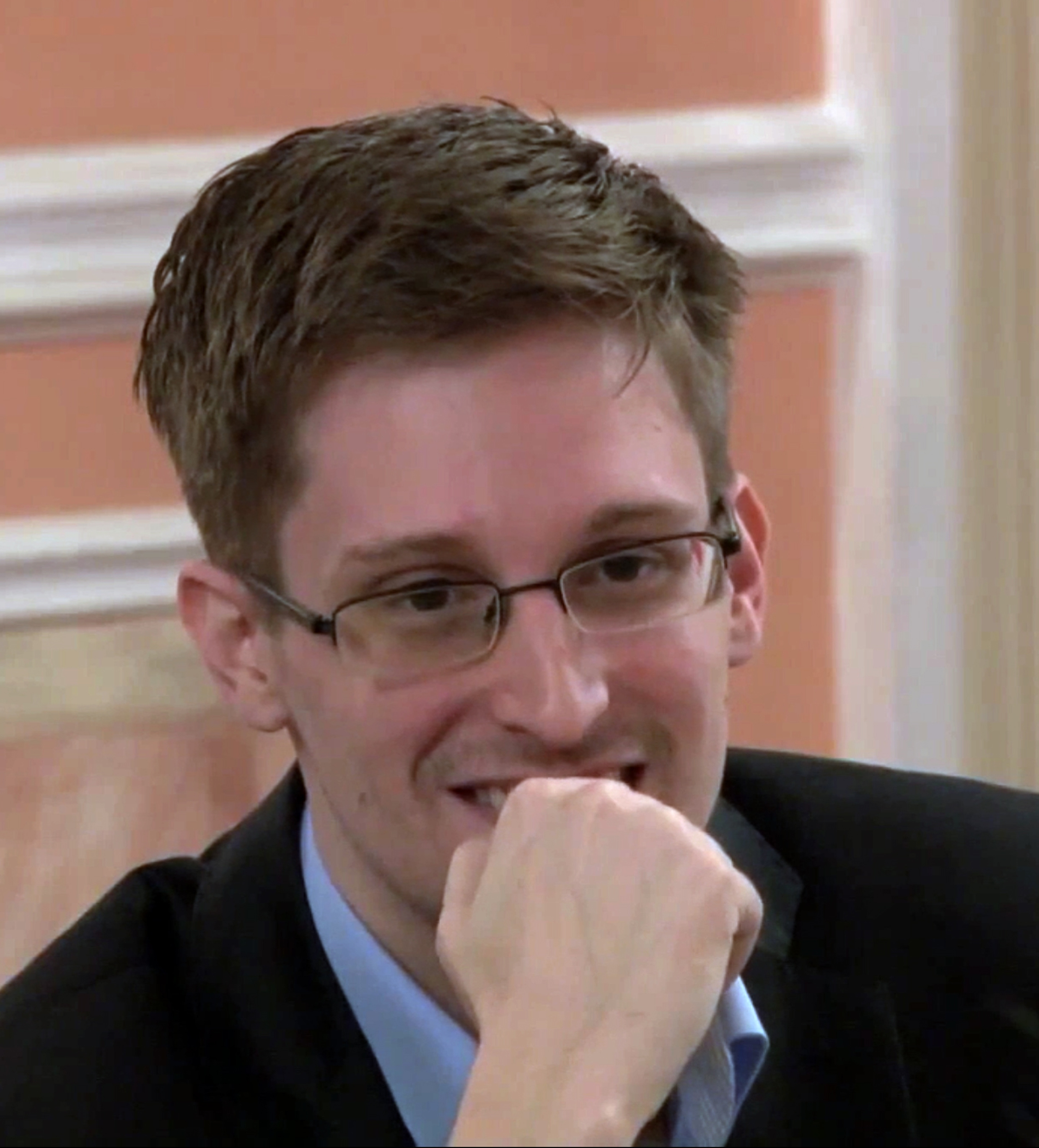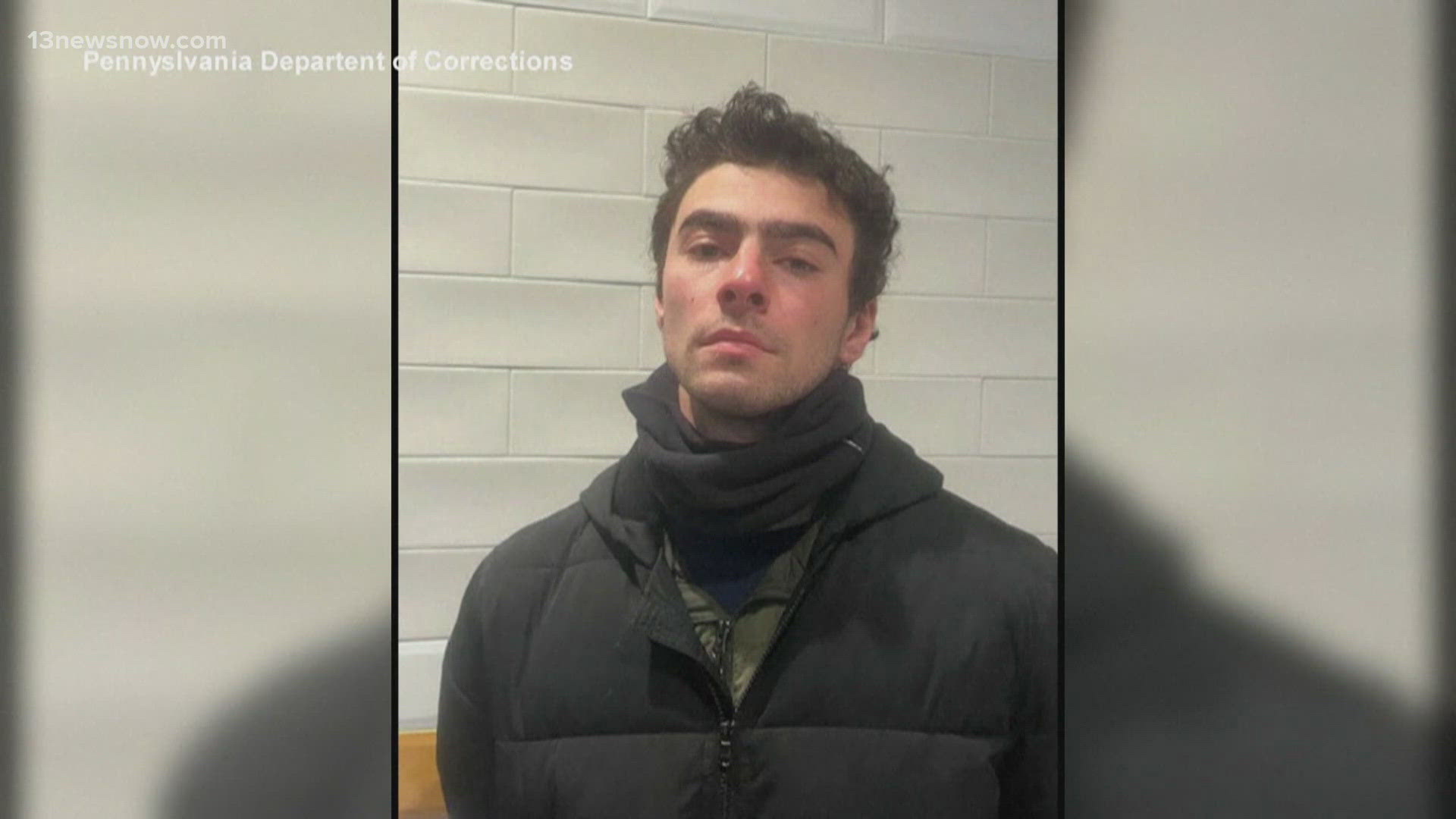![AP RUSSIA SNOWDEN I RUS[ID=28319127] ID=28319127](http://www.gannett-cdn.com/-mm-/5a02a95be2220b32adb1c896f6f24845efc2e446/c=0-466-2710-2783/local/-/media/2015/06/01/USATODAY/USATODAY/635687733083006803-AP-Russia-Snowden.jpg) Former
Former
Snowden, 31, also a former
Snowden, who was in hiding in
From his self-imposed exile, Snowden writes in a op-ed column Saturday for The New York Times that politicians in 2013 "raced to condemn our efforts as un-American, even treasonous."
He said he feared that when he met with three journalists to reveal the NSA documents that the public would react with indifference or cynicism.
"Two years on, the difference is profound," he writes in the Times. "In a single month, the NSA's invasive call-tracking program was declared unlawful by the courts and disowned by Congress. After a White House-appointed oversight board investigation found that this program had not stopped a single terrorist attack, even the president who once defended its propriety and criticized its disclosure has now ordered it terminated."
"This," writes Snowden, "is the power of an informed public."
![Rieder: Vindication for Edward Snowden [ID=28600669]](/Portals/_default/Skins/PrestoLegacy/CommonCss/images/smartembed.png)
On Tuesday, the Senate overwhelmingly voted to end the NSA's controversial bulk collection of the phone data of millions of Americans with no ties to terrorism.
Unlike the Patriot Act, which was allowed to expire, phone companies — not the NSA — will retain the data, and the intelligence agency can obtain information about targeted individuals only with permission from a federal court.
Snowden called ending the move a "historic victory for the rights of every citizen, but it is only the latest of a change in global awareness."
At the turning of the millennium, he said, few people imagined that citizens of developed democracies "would soon be required to defend the concept of an open society against their own leaders."
"Yet the balance of power is beginning to shift," he writes. "We are witnessing the emergence of a post-terror generation, one that rejects a worldview defined by a singular tragedy."
For the first time since Sept. 11, 2011, he says, "we see the outline of a politics that turns away from reaction and fear in favor of resilience and reason. With each court victory, with every change in the law, we demonstrate facts are more convincing than fear. As a society, we rediscover that the value of a right is not in what it hides, but in what it protects."


